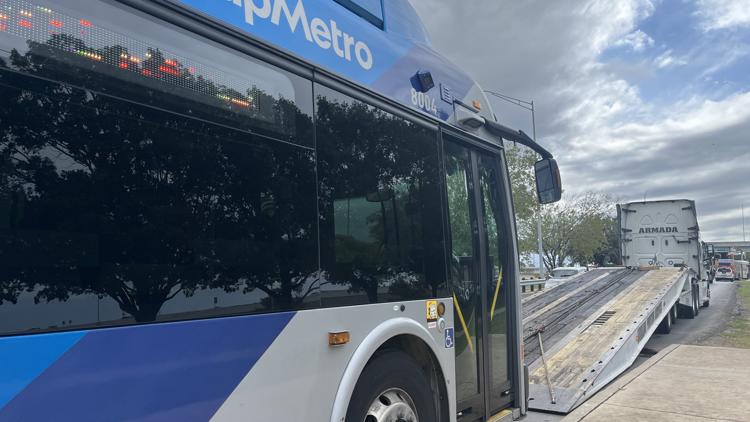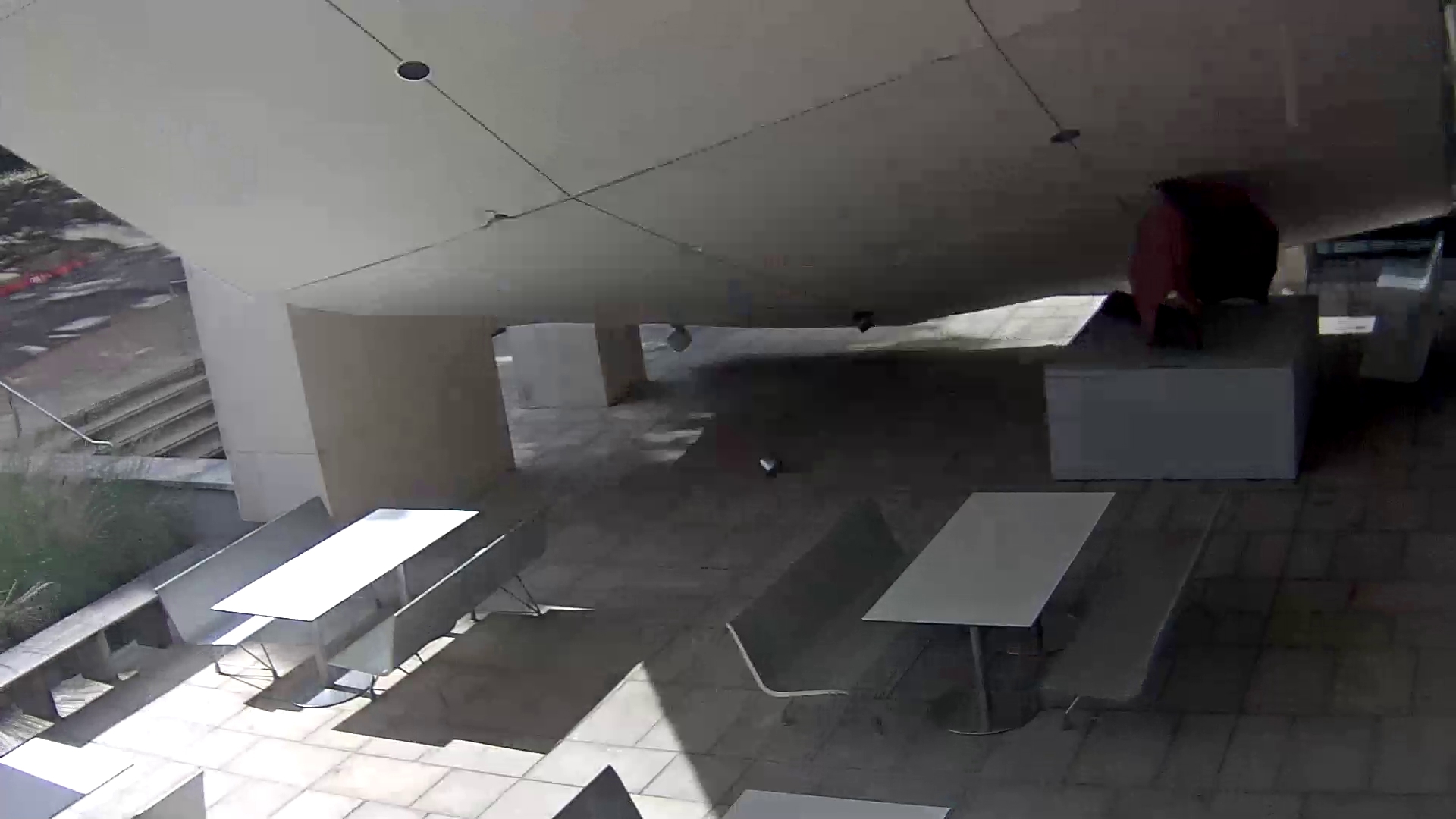AUSTIN, Texas — Editor's note: A previous version of this article mentioned a "Project 2020." The article has been updated with the correct name, "Project Connect."
It’s been a bumpy road for CapMetro to transition its bus fleet from gas to all-electric.
Now, the agency is putting 46 of its new electric buses in storage for the next year after a manufacturer filed for bankruptcy protection.
During a recent Operations, Planning and Safety meeting, Chief Operating Officer Andrew Skabowski said the board passed a resolution to store the buses until more infrastructure is built. The resolution will also allow one of its manufacturers, Proterra, to sort out its bankruptcy claims.
Currently, 104 buses in CapMetro's fleet are electric, making a quarter of their buses battery-electric technology. At $1 million a piece, 58 were manufactured by Canadian-based New Flyer, and 46 were manufactured by Proterra, which declared bankruptcy in 2023.
In January, Proterra was acquired by California-based Phoenix Motor Inc.
“Phoenix has been slowly trying to solidify their operation there and how they manage their services,” Skabowski said. “We have been working with them but we find it at times difficult to get the support that we need both in parts and technical support.”
So, for the next year, those 46 buses will collect dust.
It's also another bump in the road for this part of CapMetro's Project Connect after the agency pumped the brakes on adding more electric buses to its fleet in July due to efficiency and mechanical problems.
It's a plan University of Texas at Austin professor Kara Kockelman was looking forward to because of how damaging diesel is to the lungs. However, she said the electric vehicle space is risky because it's newer, uncharted territory.
“Austin was great to take the leap because a lot of cities wait to see how others fare before they want to invest in new technology,” Kockleman said. “They're not sure which manufacturers are gonna last and endure and Proterra was a pretty good bet from everything I'd heard.”
Kockelman said electric vehicle buses aren't mass-produced anywhere because of their size and the infrastructure needed to support them. It's a risk someone has to take.
“This just educates everybody for their own orders," Kockelman said. "I think other cities are really delighted that Austin faces this problem so that they can avoid it."
CapMetro will still have its other electric buses running. Forty of the 56 New Flyer buses will go on routes, but only for eight hours at a time until in-line chargers can be installed.
“We're making sure that we can reliably charge that bus, we can reliably fix that bus, that bus is where it needs to be and charged up when it goes out in service,” Skabowski said.



